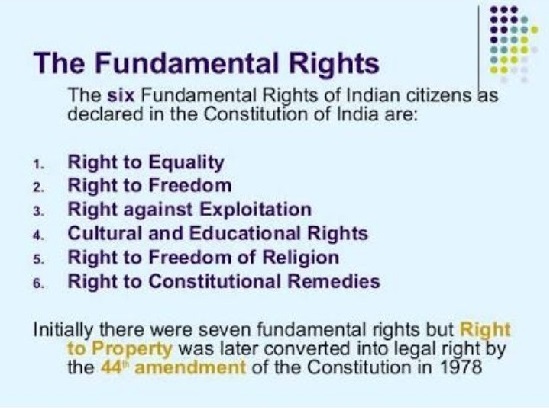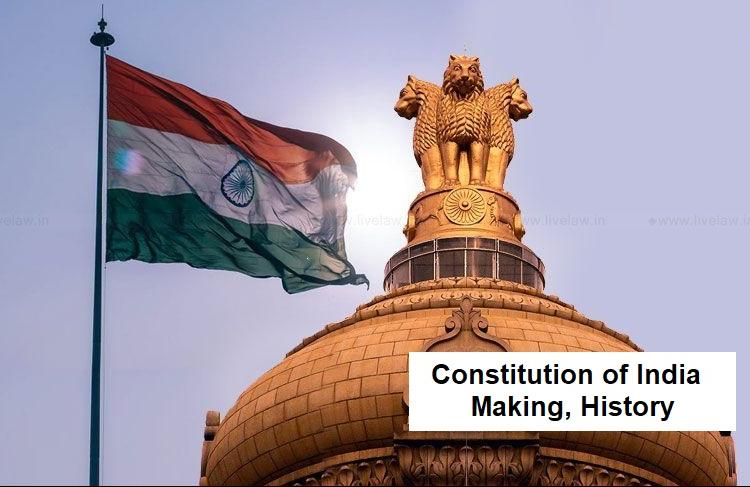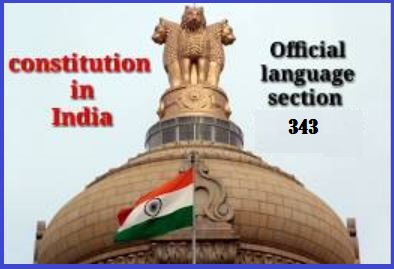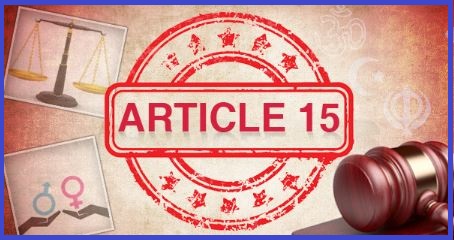Updated By: LatestGKGS Desk
British Raj: Rights in the Indian Constitution Theory

The Indian constitution is based on the theory that guided India's struggle against British colonialism
The Indian constitution is based on the theory that guided India’s struggle against British colonialism, which was marked by the violation of civil, political, social, economic and cultural rights of the people.
Therefore, after independence, the framers of the constitution provided some fundamental rights to the citizens which are enshrined in part III of the constitution.
These fundamental rights are defined as basic human freedom for a proper and harmonious development of personality of every Indian citizen.
Part 3rd of the Indian Constitution deals with Fundamental Rights.
From the article (12–35).
There were 7 Fundamental Rights at the time of Commencement of the Constitution. But Currently, there are 6 Fundamental Rights.
One Fundamental Right i.e Right to Property was removed by the 44th Constitutional Amendment Act, 1978.
Currently, there are 6 Fundamental Rights which are as follows -
- Right to Equality (Article 14–18 ).
- Right to Freedom ( Article 19–22).
- Right Against Exploitation ( Article 23–24 ).
- Right to Freedom of Religion ( Article 25- 28 ).
- Cultural and Educational rights ( Article 29–30 ).
- Right to Constitutional Remedies ( Article 32 ).
Right to Constitutional Remedies is termed as “ Heart and Soul of the Constitution “ By B.R. Ambedkar.


